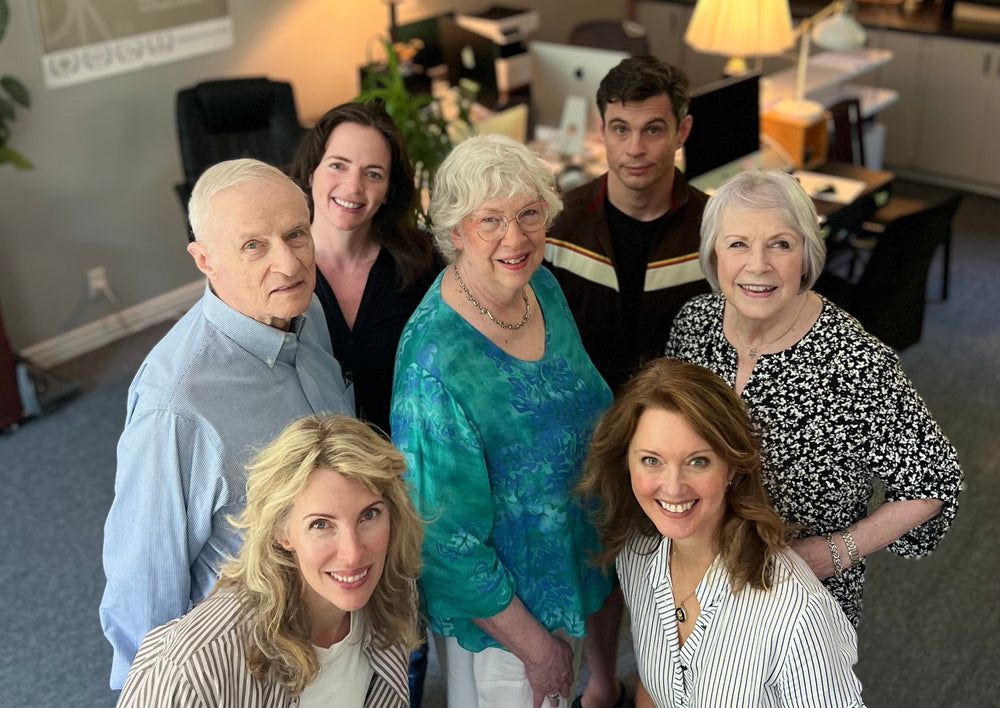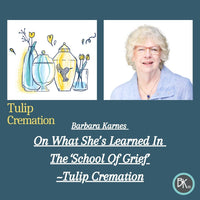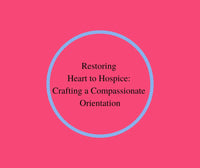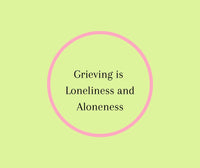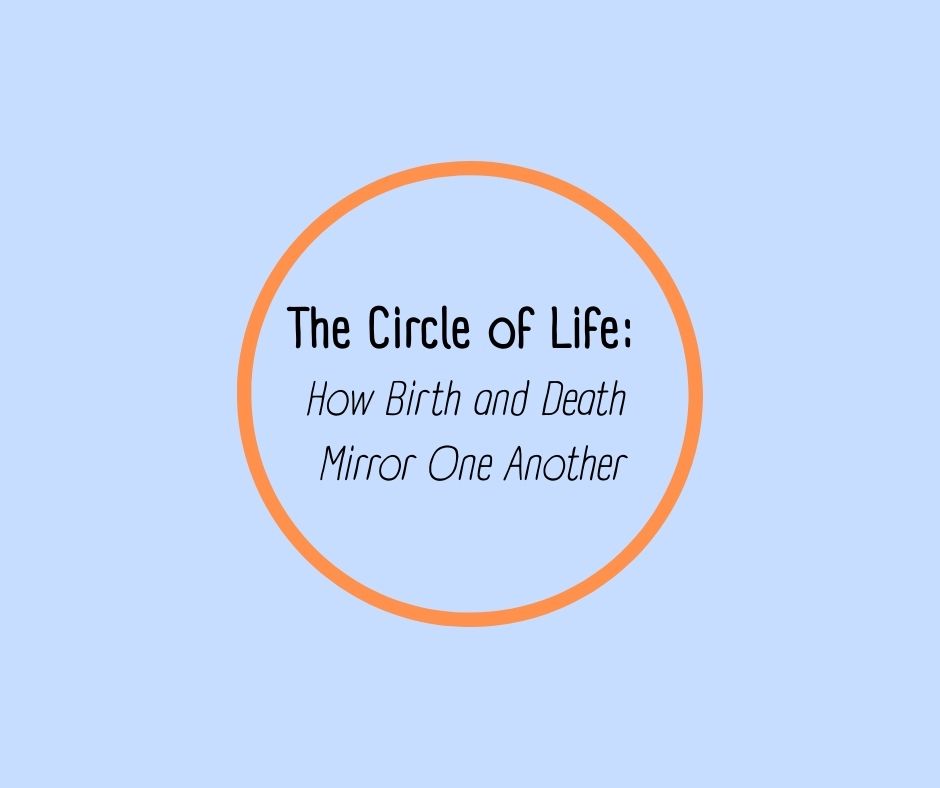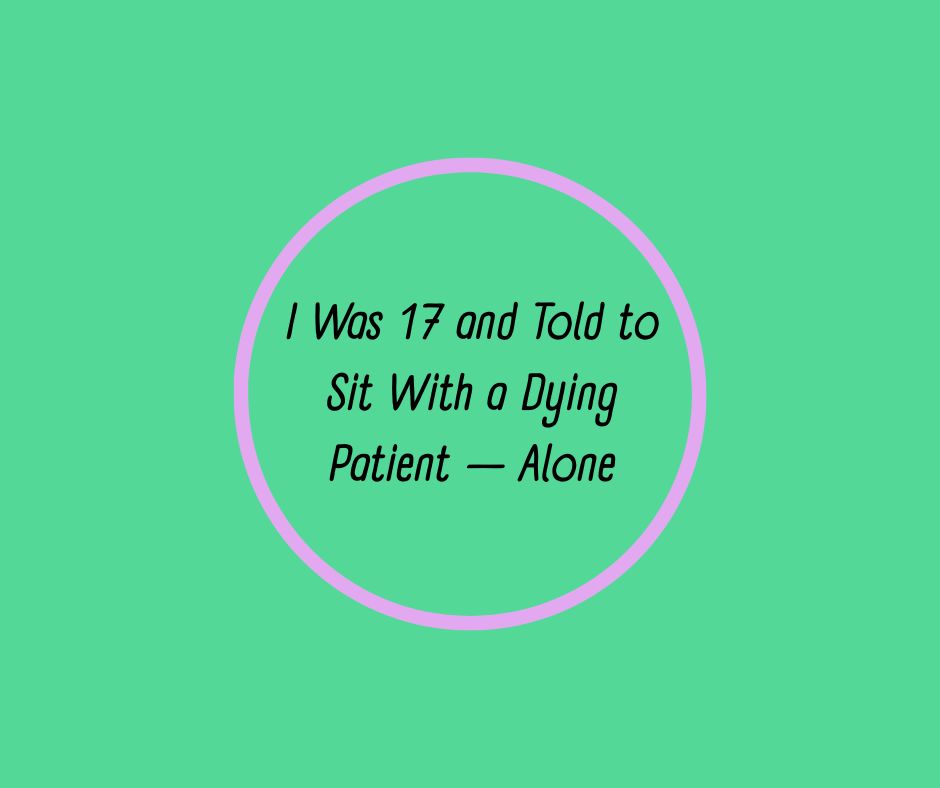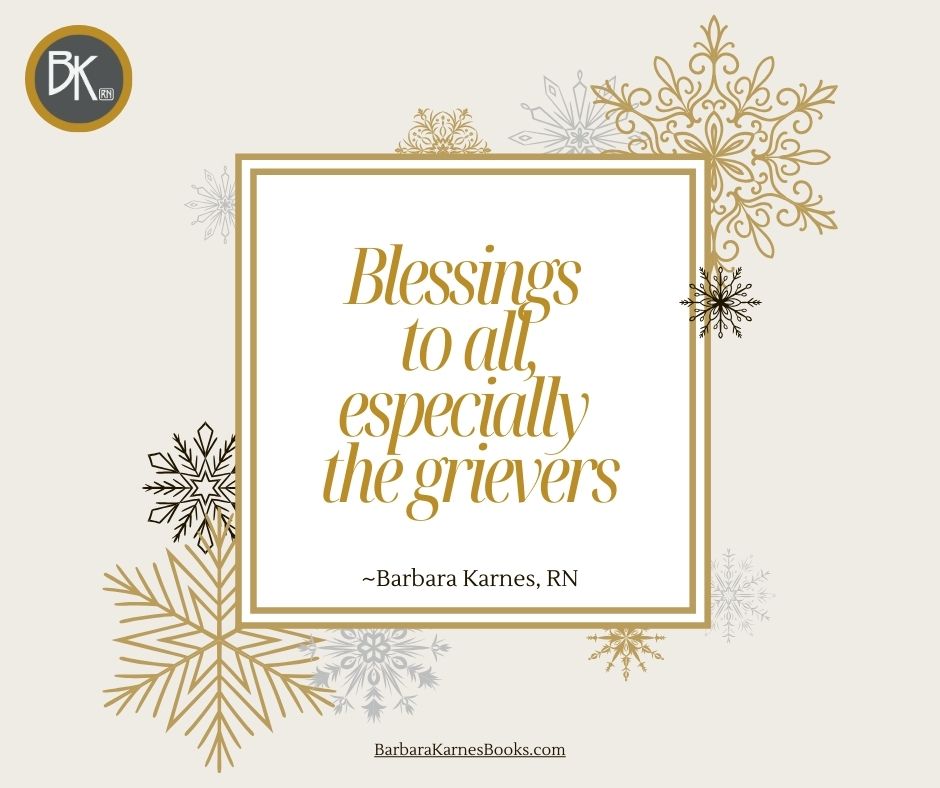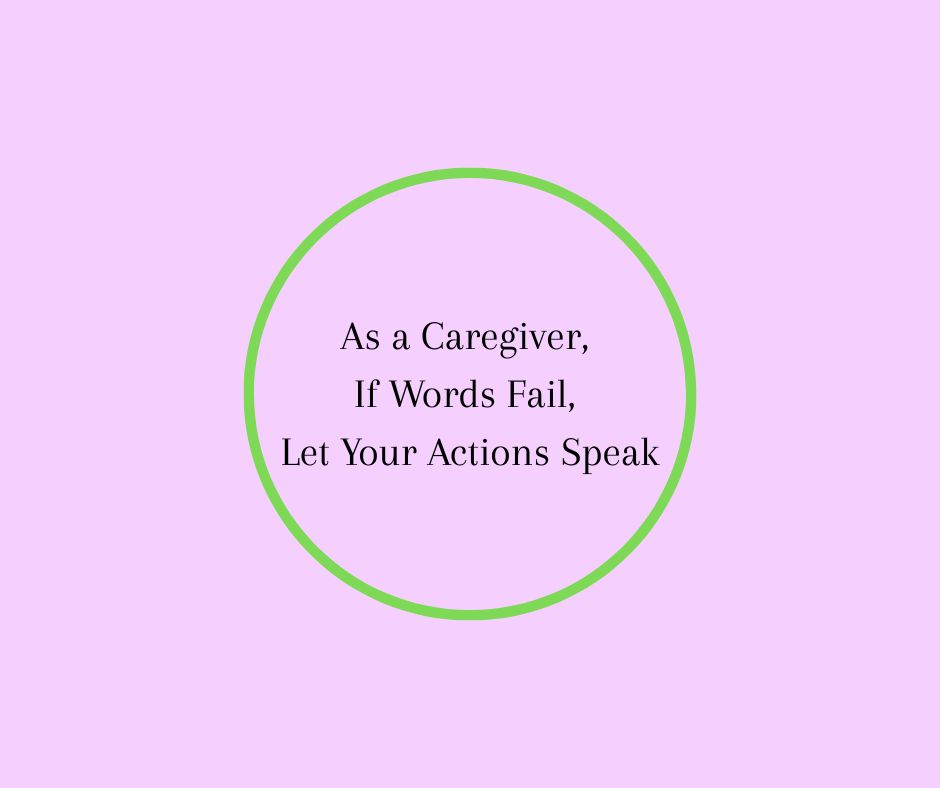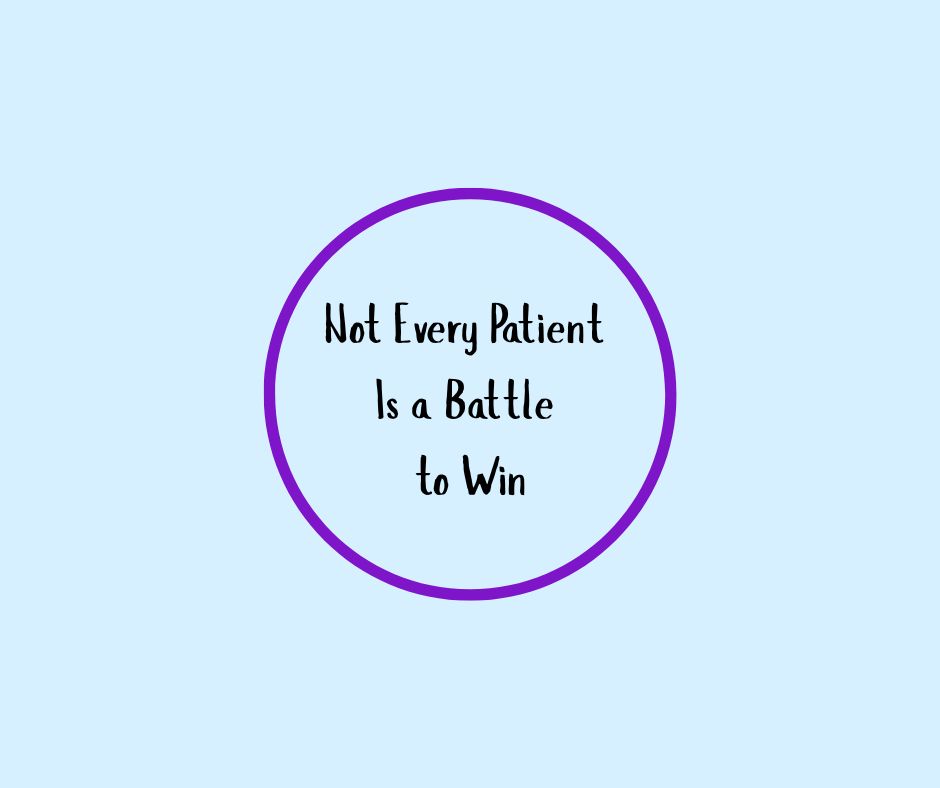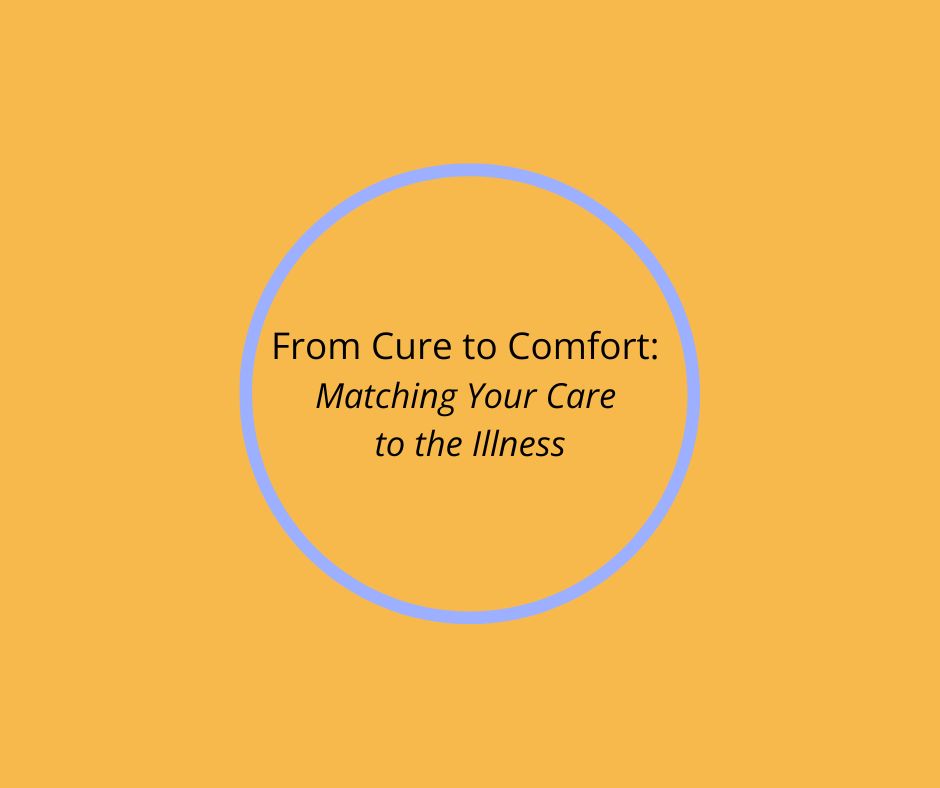
Something to Think About
a blog on end of life
- All posts
- addiction
- advance directive
- alzheimers
- Anger
- anticipation
- anticipatory grief
- Approaching Death
- assisted care
- assisted death
- Assisted Living
- Barbara Karnes
- bereaved
- Bereavement
- burnout
- BY YOUR SIDE A Guide for Caring for the Dying at Home
- cancer
- caregiver
- caregiver fatigue
- caregiver support
- caregiving at end of life
- children
- Clinician
- cna
- comfort care
- communication
- covid 19
- Dame Cicely Saunders
- Death
- death and dying
- death awareness
- death cafe
- death call
- death care
- death doula
- death education
- death midwife
- death of a pet
- death ritual
- dementia
- dementia doula
- diagnosis
- Director of Education
- disease
- DNR
- doctors
- dying
- dying looks different than expected
- dying pet
- dying process
- Dynamics of Dying
- Eating or not eating
- elderly
- Elisabeth Kubler-Ross
- end of life
- end of life doula
- end of life education
- end of life planning
- estate planning
- euthanasia
- family
- family caregiver
- father
- Fear
- Feeding
- Financial records
- Food
- food at end of life
- Funeral
- gift
- Gone From My Sight
- graduating from hospice
- gratitude
- Grief
- Grief Counselor
- grief support
- grieving
- Guilt
- holidays
- Home Care
- home death
- home health
- home healthcare
- Hospice
- Hospice Blue Book
- hospice care
- hospice chaplain
- hospice education
- hospice end of life care
- hospice for pets
- hospice myths
- hospice nurse
- hospice nurses
- hospice patient
- hospice physician
- hospice referral
- Hospice Social Worker
- Hospice Staff
- hospice volunteer
- hospice volunteer training
- hospital
- How Do I Know You ?
- How Do I Know You? Dementia at the End of Life
- Hydration or dehydration
- infant death
- joy
- labor
- labor at end of life
- labor to be born
- life limiting
- life support
- loss
- media
- Medicade
- medical visits
- Medicare
- medication
- medications
- memory care
- midwife
- mindfulness
- moment of death
- morphine
- mother
- My Friend I Care
- narcotics
- New Rules For End Of Life Care
- No Code
- Not Eating
- nurse
- nurses aide
- Nursing facility
- Nursing home
- nutrition
- Old Age
- older pet
- orientation
- oxygen
- pain
- pain at end of life
- pain management
- pain relief
- palliative care
- palliative sedation
- pandemic
- peace
- personality
- Pet death
- Pet illness
- physician
- podcast
- POLST
- prepare for death
- quality of life
- religion
- Retirement Home
- ritual bath
- RN
- sacred
- self care
- seniors
- signs of approaching death
- sleep
- Social Worker
- spanish grief literature
- stages of grief
- sudden death
- Suicide
- Supervisors
- support
- terminal
- terminal agitation
- terminal diagnosis
- terminal illness
- terminal restlessness
- The Eleventh Hour
- The Final Act of Living
- This Is How People Die
- Time
- Time of Death
- trauma
- treatments
- vigil
- visions
- volunteer
- volunteers
- washing the body
- widow
- widowhood
- wife
- Will
- You Need Care Too
Just as there are short labors and long labors in birth, there are short and long transitions at the end of life. Recognizing these parallels can help families worry less...
When I was 17, I was told to sit with a dying patient — alone. I didn’t know then how profoundly that moment would shape my life’s work...
Grief can feel heavier this time of year, especially when the world expects celebration while your heart is grieving.
In the final days and hours, a person may “wait” for someone to arrive—or let go when everyone is out of the room. Hospice nurse Barbara Karnes, RN, explains the...
End-of-life care isn’t just clinical. It’s deeply personal. Before we can guide others through death, we must understand our own beliefs, fears, and experiences. When we face death honestly within...
Relationships are challenging. We don’t always get from them what we want or need. As death comes, the yearning for what we didn’t get or have with this person increases...
Dame Cicely Saunders — an important and influential physician, nurse, social worker, and writer in end of life care — established a specific facility to care for those people that...
Everyone dies. Death will not be conquered. It can be forestalled and that is where the medical model comes in. We learn through trying. The medical rounds physician is correct...
It will never be “okay” for someone we care about to die, to leave us. We will always want those we care about to stay in our lives...
Some illnesses are curable. Some are uncertain. And some can’t be fixed—no matter what we do. Knowing which type you or your loved one is facing can help you choose...
Hospice isn’t about giving up—it’s about support, comfort, and quality of life. Here is the truth behind 4 common hospice myths families often believe.
If I could sit beside you at the bedside, this is what I would place in your hands. Whether you’re a family member, a friend, a caregiver, or an end-of-life...
How do we interact with someone dying a sudden death? The same way we would react with someone dying a gradual death.
The experience of dying a gradual death is an important, integral part of life. It is an opportunity to write our final chapter, to define the ending of our story...
Just as we have to go through an intensive process to enter this world, so do we go through labor to leave it.
This is a guide all would be wise to complete now (and regularly update) before the information is needed. It is a gift to those left behind...
Knowledge is important for the person dying because they are processing their life on many levels. It is important for the watchers because it is our final opportunity to connect,...
How about an end of the year review? Let's take some time to remember and think through our struggles, our misadventures, and assess our strengths...
We used to have role models on what dying really looks like. People died at home, in their own bed. Family and friends gathered — held a vigil, so to speak. When...
The space between birth and death is the most important part of life YET we somehow go through the living part unaware. In a hurry, with a great deal of tension, and very little...
Denial by the person with a life threatening illness, denial by the caregiver, and I’ll even add denial by some attending physicians. Denial is often the reaction to diseases that have...




